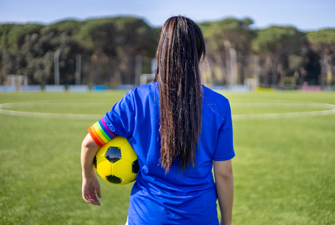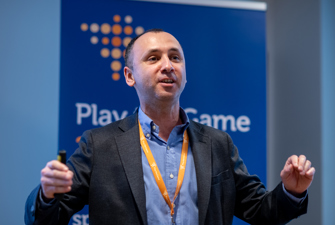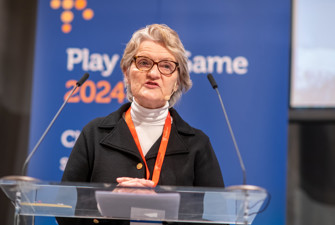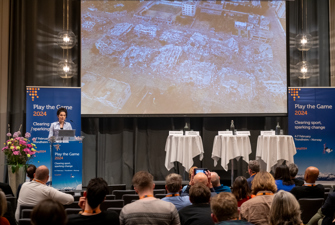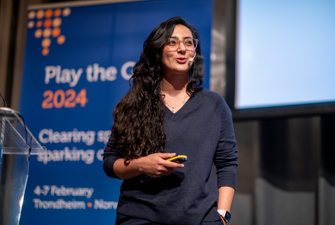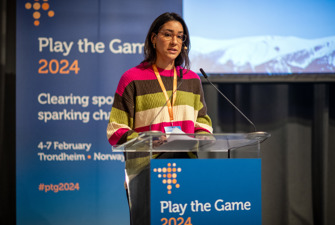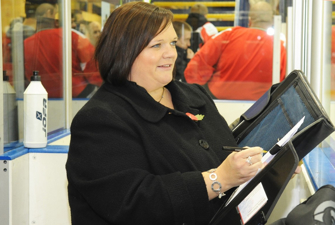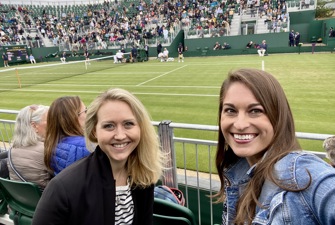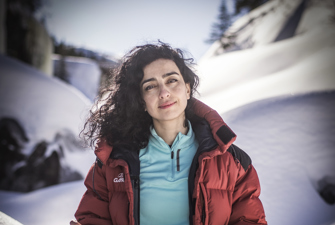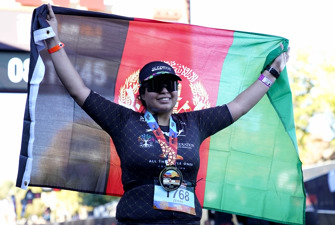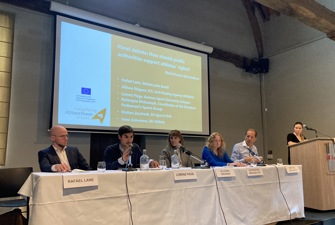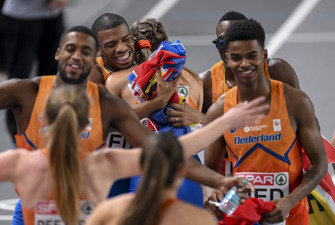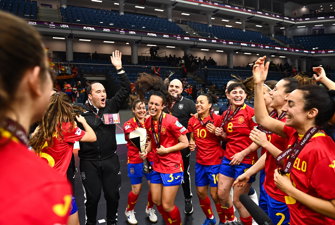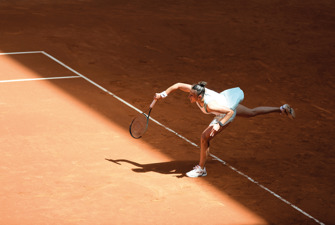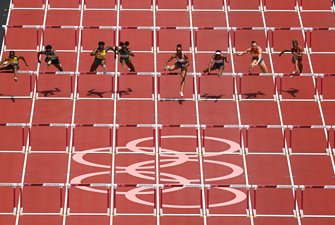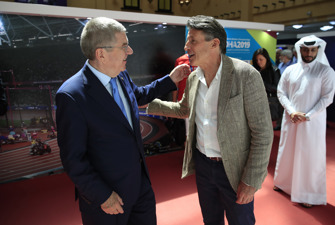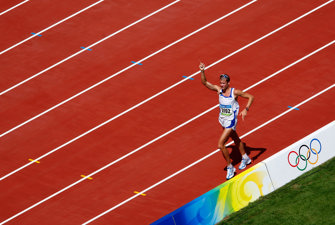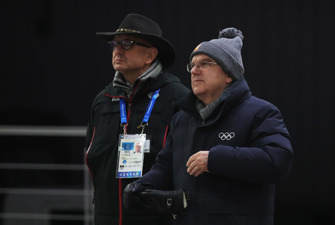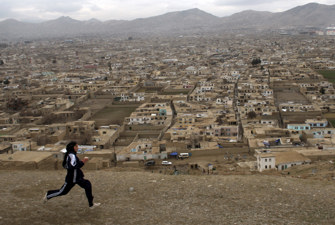Belarusian athletes take lead in battle for democracy
Belarusian President Lukashenko’s police has arrested several high-profile athletes for peaceful protests against the president’s re-election in August. The athletes turn to the IOC for help because Lukashenko is also president of the National Olympic Committee. But will the IOC break its long-lasting loyalty to ‘Europe’s last dictator’?
To see Olympic sports stars arrested and sentenced to prison for expressing their opinion of the national government in their country would be surreal to sports fans in most nations. But in the small Eastern European country of Belarus, this scenario has been a part of daily life for more than two months.
To make the scenario even more surreal, the arrests of the athletes are ordered by the president of the National Olympic Committee (NOC) of Belarus, Alexander Lukashenko, who also happens to be the President of Belarus against whom the athletes and thousands of other protesters are speaking up.
So far, ten Belarusian athletes including the national Olympic basketball icon Yelena Leuchanka have been sentenced up to 15 days in prison for taking part in peaceful street protests against President Lukashenko who has been accused of electoral fraud since August when he was re-elected for a sixth term as the country’s president.
According to the new athlete-driven Belarusian Sport Solidarity Foundation that supports athletes who have become victims of the Belarusian battle, at least twenty other athletes in the country have been excluded from their national teams, lost their financial support from the state, or been kicked out of their state sponsored sports clubs for using their freedom of speech to criticize the rule of Lukashenko, widely labelled as ‘Europe’s last dictator’.
More than 900 Belarusian athletes and sport administrators have signed an open letter in which they demand a new election (). As Lukashenko for decades has made sport a cornerstone of his personal and political propaganda, it is a serious blow to his prestige that so many national sporting heroes turn against him.
Despite the uncertainty of their future careers, Belarusian athletes are determined to keep on protesting until Lukashenko’s regime is history, says Aliaksandra Herasimenia, a Belarusian swimmer, triple Olympic medalist, and head of the Belarusian Sport Solidarity Foundation.
Treated like a pair of shoes
“We are treated like a pair of shoes that the president does not like anymore,” Aliaksandra Herasimenia told Play the Game when asked why Belarusian athletes are protesting against the regime in a country where most sport is sponsored by the state and the crackdowns by state riot police on protesters often result in bloody injuries.
“We know the rules of the Olympic Charter. We are allowed to express our civic opinions and we should not be kicked out of our sport just because we criticize the regime. We are athletes, not politicians. When we see someone attack our girls, our moms, or our husbands we just try to tell people that this is not normal, this is violence.”
The arrest of Belarusian athletes has received a lot of attention in both national and international news media. But according to Aliaksandra Herasimenia who has been forced to close her own swimming club at a state owned school in Minsk because of her protests, the athletes do not see themselves as activist role models:
“As athletes, we are used to fight and struggle hard to achieve our goals and that really helps us now. But nobody takes part in the street protests because someone has told them to. They all do it because they don’t want to be afraid anymore. Everyone is supporting each other. The people are motivated by the athletes, and the athletes are motivated by the people. It is a good balance”.
Exile in Lithuania
From her exile in Vilnius, the capital of Belarusian neighbor-country Lithuania, Aliaksandra Herasimenia is now trying to convince the International Olympic Committee (IOC) and other international and national sport organisations of the Belarusian athlete’s need for international support.
“I left Belarus because I understood it was only a matter of one or two days before I would be arrested, too. Now, I work for the protesting Belarusian athletes from Vilnius with strong support from the National Olympic Committee of Lithuania. And I hope that National Olympic Committees in other countries will help us too,” she says.
“The National Olympic Committee in Belarus has done nothing to help. Our highest sports leaders know nothing about sport. They are only interested in our medals. The only thing we can do now is to try and help change the country.”
According to Aliaksandra Herasimenia, the Belarusian Sport Solidarity Foundation wants the IOC to take action by declaring the Lukashenko-controlled NOC illegal and give the NOC’s financial support directly to the Belarusian athletes instead.
“But we need to see action very soon. If the present situation goes on for months, Belarusian sport will disappear. Some athletes will leave the country. Other will be forced to leave their sport. Nothing will change if the regime does not change. The president doesn’t mind about sport or care about people,” she says.
“Our main task is to make the international sports movement aware of the athletes’ situation in Belarus, but we also hope that international sports competitions are taken away from Belarus, because the regime will just use them for political propaganda.”
IOC: The athletes or the dictator?
That might not be an easy task. Because the IOC that Aliaksandra Herasimenia and the Belarusian Sport Solidarity Foundations have turned to for help is the same IOC that for decades has been loyal to the president the athletes try to remove. And that makes the Belarusian battle a major dilemma for the IOC.
So far, the IOC has stated that the athletes’ accusations against the National Olympic Committee of Belarus are taken very seriously and are now being investigated. But for the past three weeks, the IOC members have not come up with any hint in public to answer the question of who they will support: The athletes or the dictator?
This question is a ticking bomb that could cause an Olympic war in many other countries where the Olympic Charter’s principles of political independence and autonomy of sport can be put in doubt.
Head of state – head of sport
The IOC’s Belarusian dilemma can be dated back to May 1997 when the IOC accepted that President Lukashenko took political control over Olympic sport in the former republic of the Soviet Union.
Three years after he was first elected president of Belarus, the former KGB (secret state police) officer in The Red Army placed himself in the position as head of the National Olympic Committee of the Republic of Belarus.
For more than 23 years now, the IOC has done nothing to stop the Belarusian president from using his Olympic position as a tool to stay in political power - the past two years with the support from his eldest son Viktor Lukashenko as First Vice President of the NOC.
The long-lasting Olympic loyalty to Lukashenko in hisdouble role as head of state and head of sport in Belarus has proven to be a great political asset for him.
Thanks to the support from the Olympic Movement, the president last year proudly hosted the European Olympic Committees’s second European Games in the capital Minsk with the attendance of 4.000 athletes from 50 countries.
EOC: Difficult to draw a line
The close Olympic ties between Minsk and Lausanne, the home of the IOC and so-called ‘Olympic Capital’, explain why an IOC suspension of the NOC of Belarus could also hit back on the IOC and the rest of the Olympic movement who for decades have turned a blind eye to Lukashenko’s oppressive regime.
An Olympic suspension of Lukashenko could also raise new questions about where the IOC should draw a line in the sand when government leaders in other countries take over the leadership of Olympic sport. A survey by Play the Game in 2017 showed that one in seven National Olympic Committees had direct links to the government.
Niels Nygaard, head of the Danish NOC Denmark and Acting President of the European Olympic Committees (EOC), stressed this challenge in a recent interview with the Danish Broadcasting Corporation DR when he tried to explain why it seems to be difficult for the IOC to draw a line in the case of Belarus:
“In Azerbaijan, President Ilham Aliyev is the president of the National Olympic Committee of his country. I doubt that the members of the National Olympic Committee of Russia can elect a president that has not been sanctioned by the Russian president Putin and I expect the same is the case with China,” Nygaard said in the interview in which he also described Lukashenko’s position as both head of state and head of Olympic sport in Belarus as ‘absurd’ - even if it may be legal according to the rules of the Olympic Charter.
Politics is deeply rooted in Belarusian sport
In Belarus, the connection between sport and politics is not just limited to President Lukashenko and his son. According to Yegor Mescheriakov, a former player and assistant coach at the national basketball team who earned a university degree in the US and went on to play as a professional in Italy, Greece, Turkey, Russia, and Ukraine, politics is deeply rooted in Belarusian sport.
“I have been around and seen the world. That is why I now fight for freedom and democracy in Belarus. Two weeks ago, I was a Vice President at the Belarusian Basketball Federation. When I heard that the federation would not try to help Yelena Leuchanka out of prison, I left the federation”, Yegor Mescheriakov tells Play the Game.
“Yelena Leuchanka is an icon in Belarusian women’s basketball. But Maxim Ryzhenkov, the president of the national basketball federation, is also working for Lukashenko’s administration and that is why the federation decided to stay neutral in Yelena’s case”.
According to the Belarusian government’s website, Maxim Ryzhenkov is the second highest ranking employee in Lukashenko’s presidential administration. To Yegor Mescheriakov, this connection between sport and politics in Belarus indicates why many athletes now fear for their future.
“My estimation is that 95 percent of all athletes in Belarus support the protests against Lukashenko. But many of them are afraid they will be kicked out of their national team and that their clubs will lose financial support if they take part in protests against the regime - just like in the former Soviet Union.”
The time is ready for athlete activism
Yegor Mecheriakov has been marching side by side with his basketball friend Yelena Leuchanka at street protests in Minsk. When Yelena Leuchanka was released from prison last week, he was questioned at a local police station before he went to court this week where he was given a sentence of 540 rubles for taking part in the protests. He might have gone to prison, too:
“After having been a part of the national Belarusian basketball team for 20 years, I never expected to end up in a situation like this. But when Yelena Leuchanka was arrested as the first sports women, many Belarusian sports men including me were ready to take her place.”
Going back to the old state sports system in Belarus is no longer an option for Yegor Mescheriakov:
“When you look at the world of sport and see what happens, the time is ready for athlete activism now. For many years, Belarusian politicians have used athletes to promote the country and their own political purposes. For some reason they still expect us to keep silent now. But that is not how it works anymore,” he said and added:
“The National Olympic Committee of Belarus should be politically independent and the IOC must take action to secure no Belarusian athletes are excluded from the Olympic Games, their national teams or put in prison just because they have spoken out against Lukashenko.”
Threatening World Championships
The Lukashenko regime’s violent crackdowns and arrests of peaceful Belarusian protesters have been widely condemned by most democratic countries.
In late September, the Belarusian Sport Solidarity Foundation wrote a letter of complaint to the IOC with a list of Belarusian athletes that has been arrested or harassed by the regime. The letter forced IOC president Thomas Bach to promise an investigation of all the cases against Belarusian athletes. So far the IOC has only asked Lukashenko’s own NOC of Belarus to comment on the athlete’s accusations, but the most recent press release opens for asking other sources.
One week ago, the acting EOC president Niels Nygaard released a statement in which he supported calls for the NOC of Belarus to ensure that its athletes are treated fairly and stated that he has also sent an appeal to the Government of Belarus to respect the athlete’s rights and well-being.
“Even though the NOC of Belarus is a member of the EOC, we are not taking any action on our own. It is a matter for the IOC to investigate whether the Belarusian committee has broken the rules of the Olympic Charter,” Nygaard told Play the Game.
Meanwhile, another challenge to Lukashenko’s prestige has come from an unexpected front. The Latvian government has threatened to withdraw the financial guarantees for the Ice Hockey World Championships which Latvia is set to co-host with Belarus in 2021. Latvia demands that the International Ice Hockey Federation (IIHF) remove the hosting rights from Belarus “under the current circumstances”.
Sport is a key factor in the battle over Belarus’ future, a battle that is still going on.
Lars Jørgensen is a freelance reporter specialised in international sports politics.













